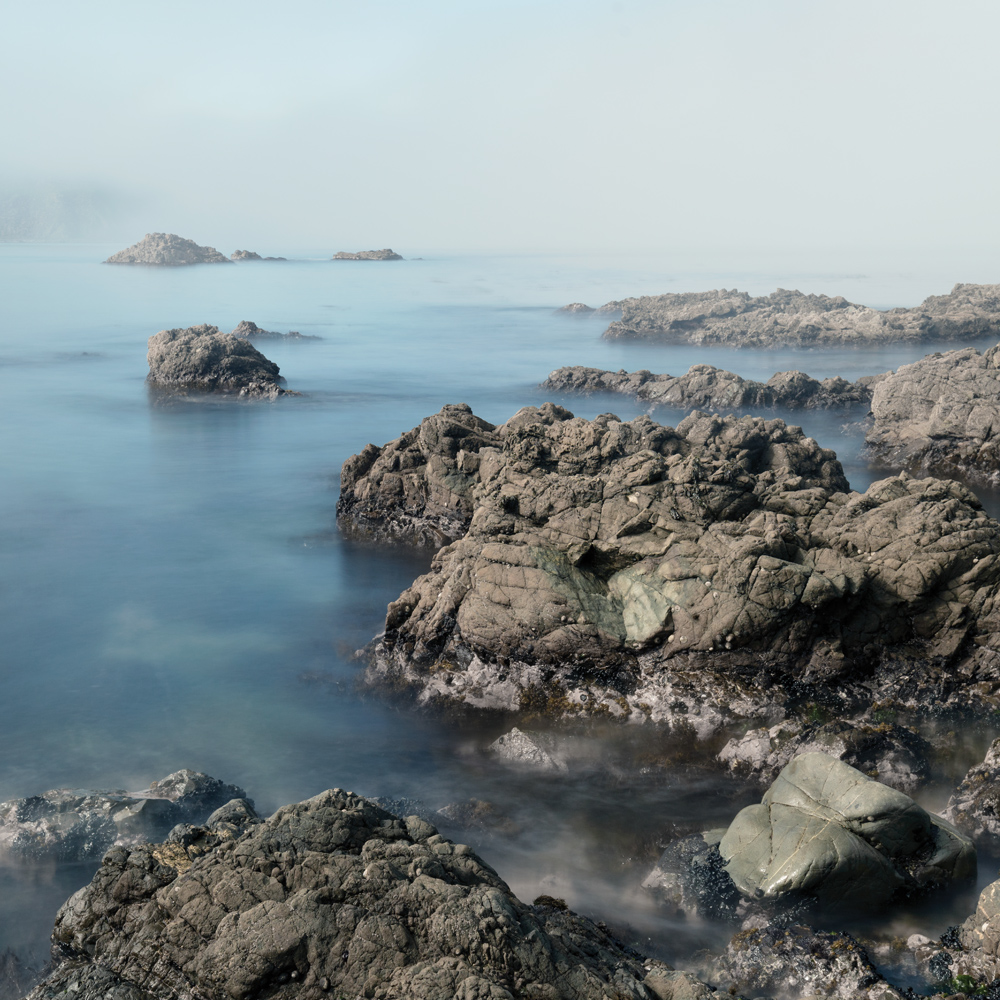hahr | /har/

The sea fogs that bedevil the east coast of Scotland are known as haars. In the north of England, variations include har, hare, harl, and harr. Further south, they’re more commonly called sea frets. In Kent, these eerie, creeping mists used to be known as aggy-jaggers.
The origin of haar is itself somewhat misty, but it too is likely to have made its way over the North Sea – being related to the German/Dutch word harig, meaning damp. It could also be linked to the Frisian harig, meaning misty, or the Norse hàrr, meaning grey/hoary.
Haars are most common during spring and early summer when moist, warm air from mainland Europe blows east over the North Sea. When the seasons turn, the water is slower to warm than the land. The warm, moist air blowing east over the sea is suddenly cooled, causing the moisture to condense into what meteorologists call advection fog. On the United States west coast, this kind of fog is common year round as the water is usually much colder than the land – creating plenty of opportunities for Instagrammers to capture the towers of San Francisco’s Golden Gate Bridge rising out of the mist.
Haars can be a legitimate reason to fret – suddenly and significantly dropping the temperature and visibility, creating tricky conditions for pilots in the air and at sea. On chilly mornings, they may edge inland, worming their way up valleys and enveloping the roads in an otherworldly murk. However, as the day progresses, their spell is usually cast off, evaporated by a warming sun.
Introduction Aeolian Alpenglow
Benthos Crepuscular Crispate Crown shyness
Desire lines Dreich Endragoned Edgelands
Frondescence Fumarole Gluggaveður Gossamer
Karst Komorebi Lawrence Long acre
Machair Monkey’s wedding Moonglade
Psithurism Quartz Rakuyou Roaring forties
Snag Soft estate Specular, diffuse and pellucid
Spoondrift Steam fog Swash zone Sylvan